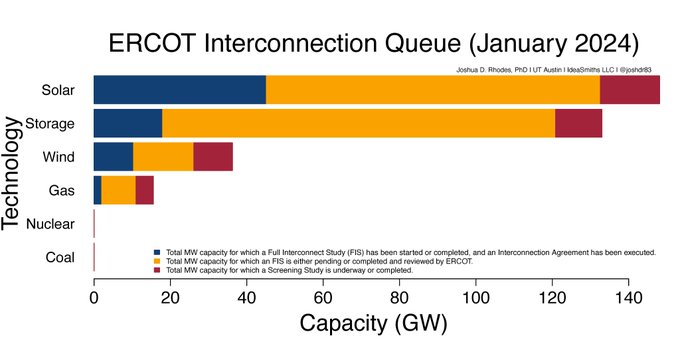July 15, 2022
Aired Thursday, July 14, 2022. See the original story at KXAN.com.
AUSTIN (KXAN) — Every light bulb, microwave and electric vehicle charger — tracked! That’s what around 300 homes are doing in the Mueller neighborhood in east Austin. They’re doing it as part of a research project called Pecan Street, and the data they’re collecting could reshape energy usage in the years to come.
“There’s a lot of solar energy here. There’s a high interest in electric vehicles. So it was a perfect spot,” said Colin Rowan, director of communication for Pecan Street. Rowan recently bought his own home in the neighborhood and had Pecan Street install the monitoring software.
The project and homeowners can monitor individual circuits or the entire home. It’s all up to the homeowner.
Rowan has an EV charger, the air conditioner and his overall use being monitored. He said this data could be important for agencies like the Electric Reliability Council of Texas, because they could use it to determine when or when not to throttle the grid.
“For the participant, they get to see in real time everything that’s happening in their home circuit by circuit, use by use,” Rowan said.
Rowan added that more than 1,000 homes have been outfitted with the equipment, but the endeavor began in Mueller 10 years ago. Pecan Street’s offices are still in the neighborhood.
Pecan Street monitors energy usage by opening up a breaker box in a home that signs up to be part of the research. They then outfit the home with various doodads that monitor the usage. A master electrician is required to install the equipment and continuous internet connection is required.
“Our goal is to get many homes in different kinds of communities. That is by region, by climate, by income,” Rowan said.
The data collected by each home is fed to researchers around the world. “They can run simulations on 10 years of data, for up to 1,000 homes, to see how people use energy, how they reacted to certain grid conditions,” Rowan added.
All of this data is protected by some pretty strict rules. Pecan Street was originally funded by the Department of Energy and had to follow strict privacy guidelines when it started. Since then, Rowan said they have tightened security.
“Before we make the data available to outside researchers, we strip any personal identifying information out of that data,” Rowan said, adding researchers can see a home’s profile but not its address or homeowner information.
Pecan Street’s main focus is curbing carbon emissions. Rowan said one way they’re doing this is through a research project with the University of Michigan. That project looks at subtly adjusting an air conditioner so that it doesn’t use as much energy, but maintains the same temperature.
Austin Energy does this now during energy rush hours, but Rowan added the new research is aiming to make these tweaks “invisible.”
Rowan said that they want to provide the data that will help projects like this one so that we can reach zero carbon emissions before climate change becomes irreversible.
“We think the kinds of data we collect at Pecan Street will help companies and even legislators and regulators understand what the opportunity for these emissions savings are in the future,” he said.
If you’re interested in signing up for Pecan Street, you can e-mail them at info@pecanstreet.org.


















